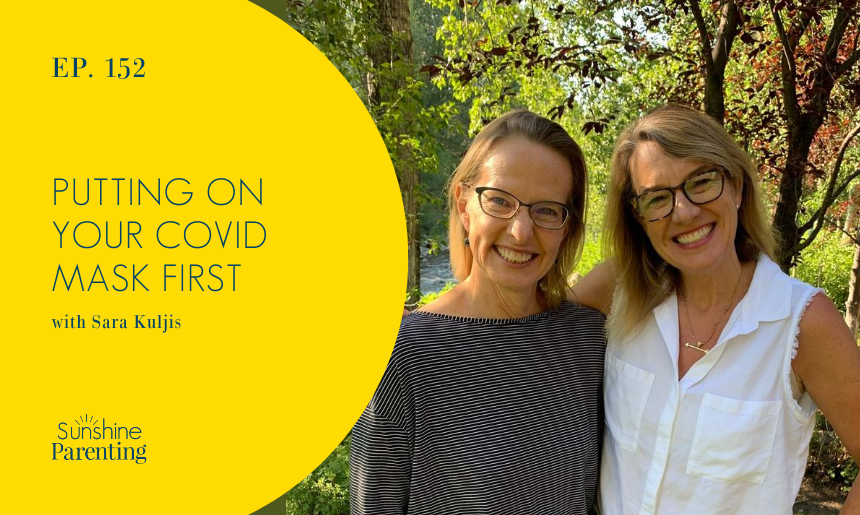
In this episode, I’m chatting with my friend and camp professional colleague, Sara Kuljis. Sara has been a regular guest on the podcast (links to our other episodes below).
This is the first of a two-part series to help parents prepare for the fall now that we know that our life – and our kids’ lives – will not be returning to “normal” any time soon. This week, we’re talking about strategies for taking care of ourselves so that we can be present and positive (as much as possible!) for our kids and families transitioning into fall with more quarantining and online school.
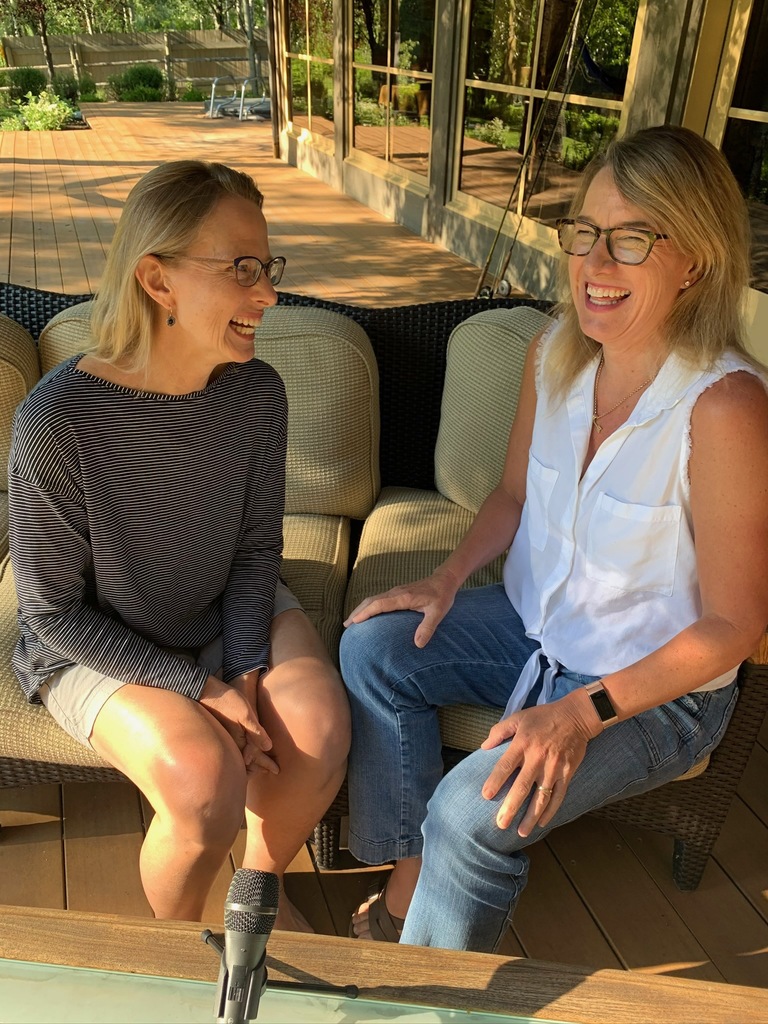
Next week, we’ll talk about some different ideas for approaching our kids’ education this year.
Sara Kuljis’ focus as a camp owner and director has been on youth and staff development. Sara has served on the board of the American Camp Association, and is a frequent speaker and trainer for the Association. She is a certified Gallup Strengths Coach who conducts workshops to help individuals recognize, understand, and utilize strengths at work and at home.
Questions
What am I going to need to be the kind of parent, spouse, leader, friend I really want to be?
What support/help do I need? Ask for help!
What’s on your responsibility/burden “plate”?
What are groups/communities I need to stay involved with for my well-being?
How does stress show up for you? Your partner? Your kids?
Big Ideas
•Having a conversation with whomever you are sharing childcare with is a great way to get on the same page at the start of the school year.
•Creating personal time schedules is an easy way to make sure everyone gets time for self-care.
•If possible, planning times to work opposite of your parenting partner can help organize the family’s days and schedules.
•Pairing up with another family may be a great support for families right now.
•It’s important to assess how each family member carries stress.
• Have a “Co-Counselor Pow Wow” with your parenting partner.
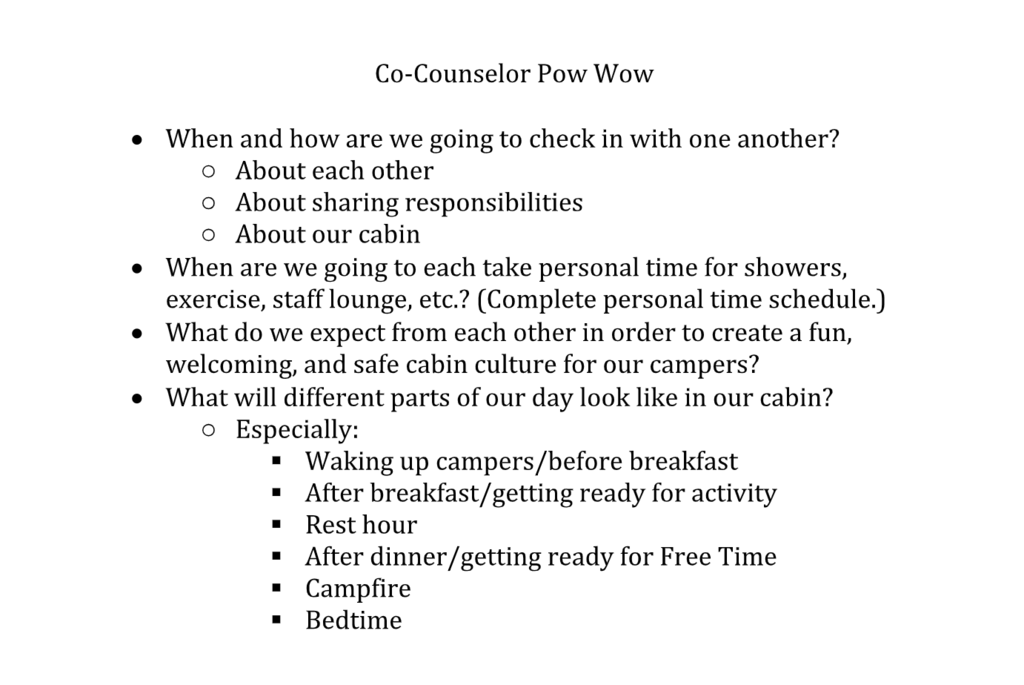
Co-Counselor Pow Wow Agenda (for camp counselors)
• Create a personal time schedule delineating who will be in charge of the kids at which times of day and when you each will have time for work, personal time, etc.
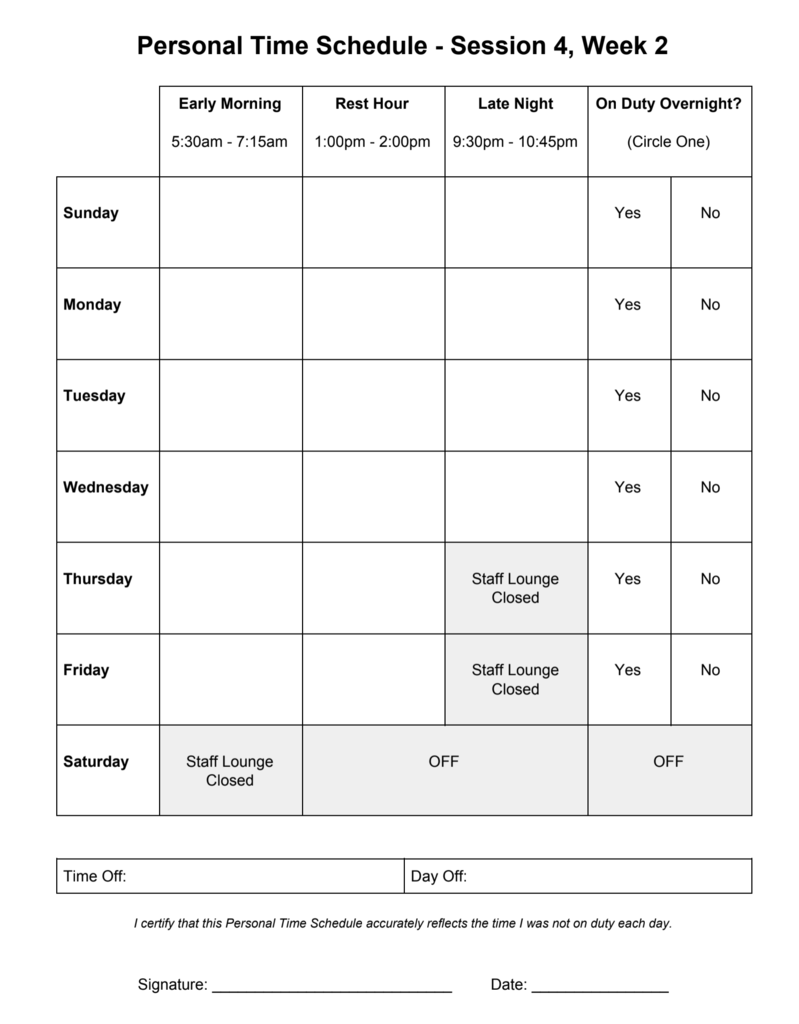
Camp Personal Time Schedule for Counselors
Listen to Audrey & Sara’s Other Episodes
Ep. 85: Grit is Grown Outside the Comfort Zone (PEGtalk)
Ep.115: Giving Kids Meaningful Compliments
Ep. 63: Growing Gratitude with Sara Kuljis
Ep. 57: The Importance of Adult Friendships with Sara Kuljis
Ep. 28: Focusing on Our Kids’ Strengths with Audrey and Sara
Ep. 23: Peaceful Mornings with Sara Kuljis
Ep. 7: Family Pace and Space with Sara Kuljis
Ep. 3: Raising Resilient, Independent Kids with Sara Kuljis
Ep. 133: What’s Working (and What’s Not!) During COVID-19
Quotes
Audrey: What we do and how we model for our kids about how to get through challenging times is even more important than kind of specific things that we do with our kids.
Audrey: What I’ve understood from what the researchers are saying is that moms are inordinately taking more of the extra burden that the pandemic has placed on homes.
Audrey: I learned after I had kids that I really needed to be very focused because I did have very small chunks of time.
Audrey: I think that this could be a good time to really think about some time management stuff and really think about how many hours do you need to be effective. What do you need to ask your employer for? What do you need to ask your partner for?
Sara: So often we think that our parenting partner can read our minds.
Audrey: Making it much more of an open conversation from the beginning is much better than getting to that point where you’re so upset and you’re feeling used, or like you’re doing too much.
Sara: If we can model for our kids or even our spouses or friends that: I just realized I wasn’t healthy or I was really being stressed out or I wasn’t myself anymore so I finally asked for help in this way… that’s a pretty big gift of the COVID season.
Audrey: People who can ask for help when they need it, we think highly of them.
Audrey: Get pretty specific about what’s on your plate right now, whether it’s your mental, emotional plate or your actual duties.
Sara: As we are all being human together, how do we support how each other is carrying stress and be a little healthier and encourage each other? And let’s not pretend it’s not going to show up because it is.
Audrey: It’s a really important piece to know about in your family, how you’re carrying it, what your symptoms are, of stress or grief or whatever, and be a little more prepared now that we’re going into the marathon of this whole thing.
Sara: We’re certainly hopeful that any encouragement we can give might fuel those listening. Y’all have been working hard and you have been mighty and heroic. And we just want to affirm that and bless you because we know you are doing your darndest and your kids know you are as well. So know that when they look back, they’re gonna think, “Wow, Mom and Dad were pretty amazing.”
Resources/Related
COVID-19’s Cost to Working Mothers Article
In the COVID-19 economy, we are running out of time to prioritize child care Article
Where Do You Store Stress in Your Body? Article
https://www.nytimes.com/2020/08/06/well/mind/five-minute-coronavirus-stress-resets.html
How to Cope with Financial Stress and Anxiety during the Coronavirus Pandemic Article
One Simple Thing
Go outside!
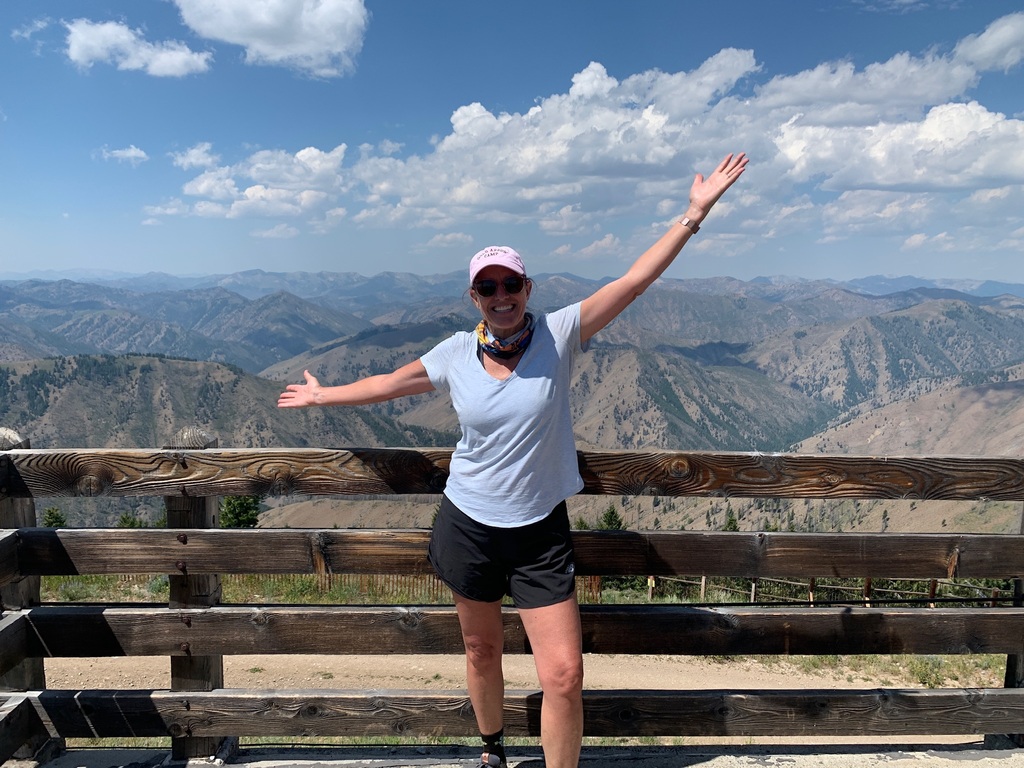
My Favorite
https://www.instagram.com/p/CDmN5dkHkQt/
